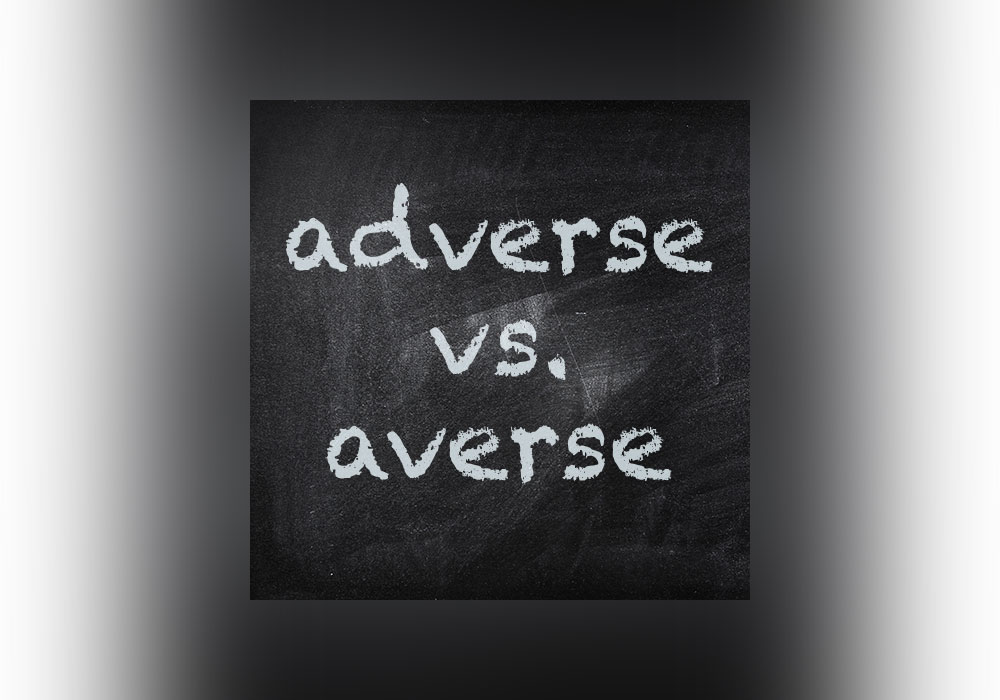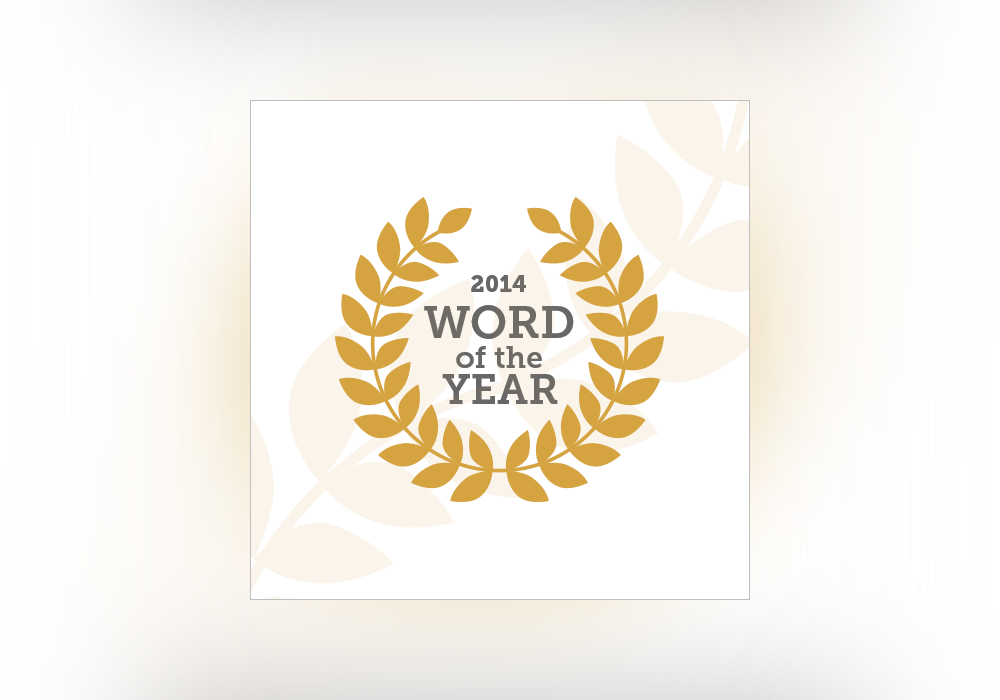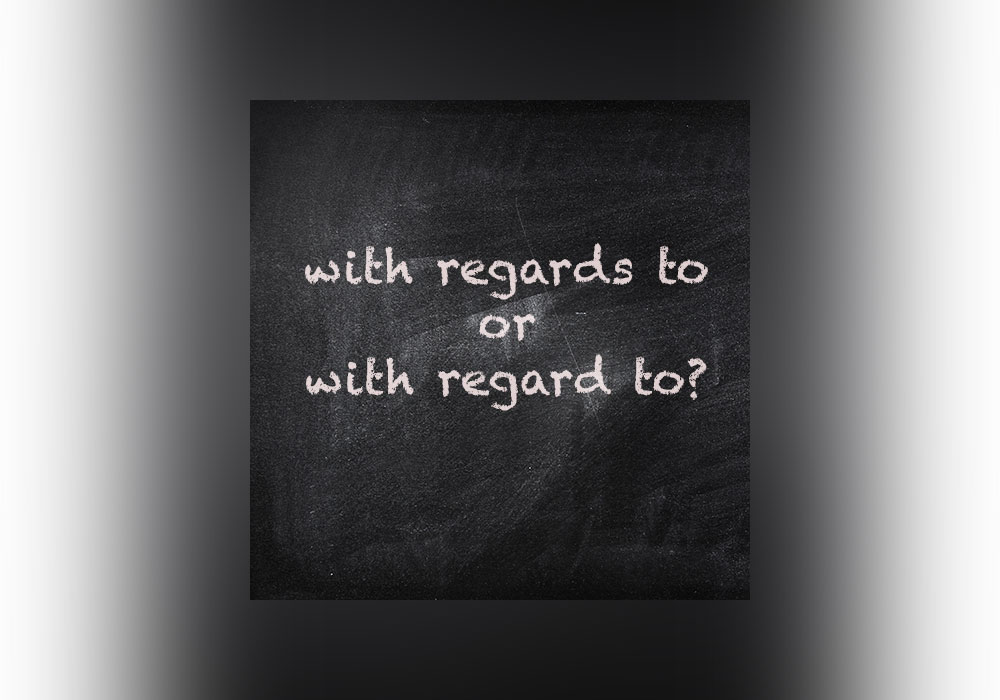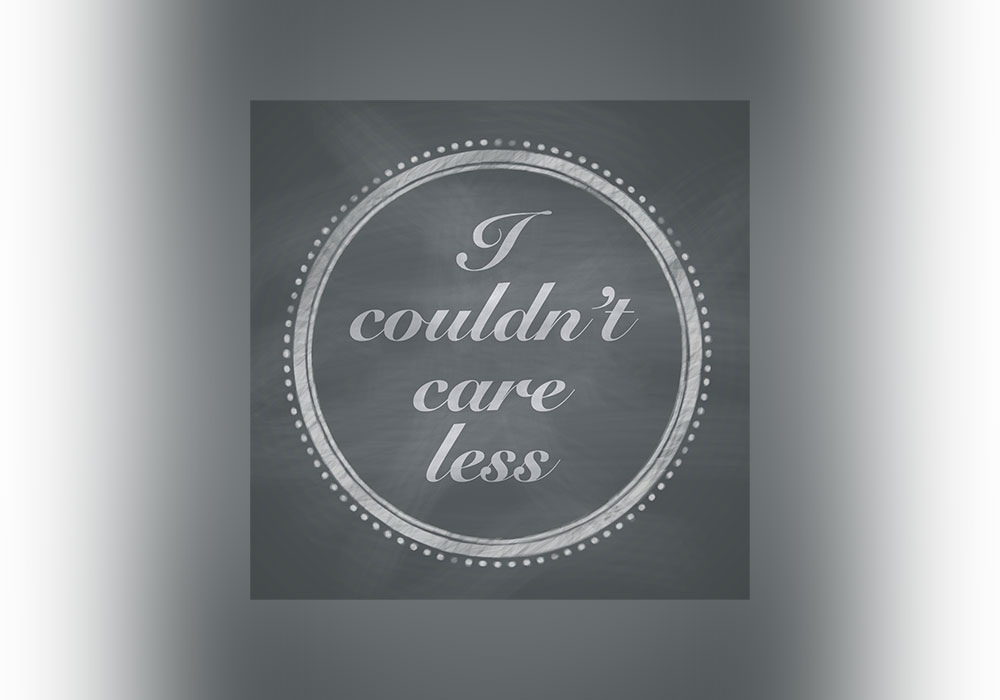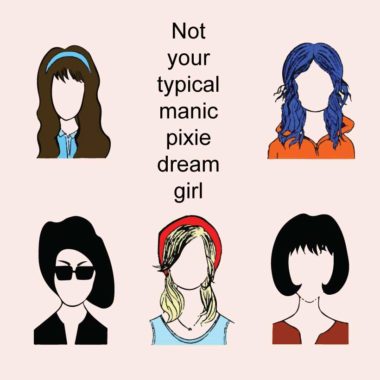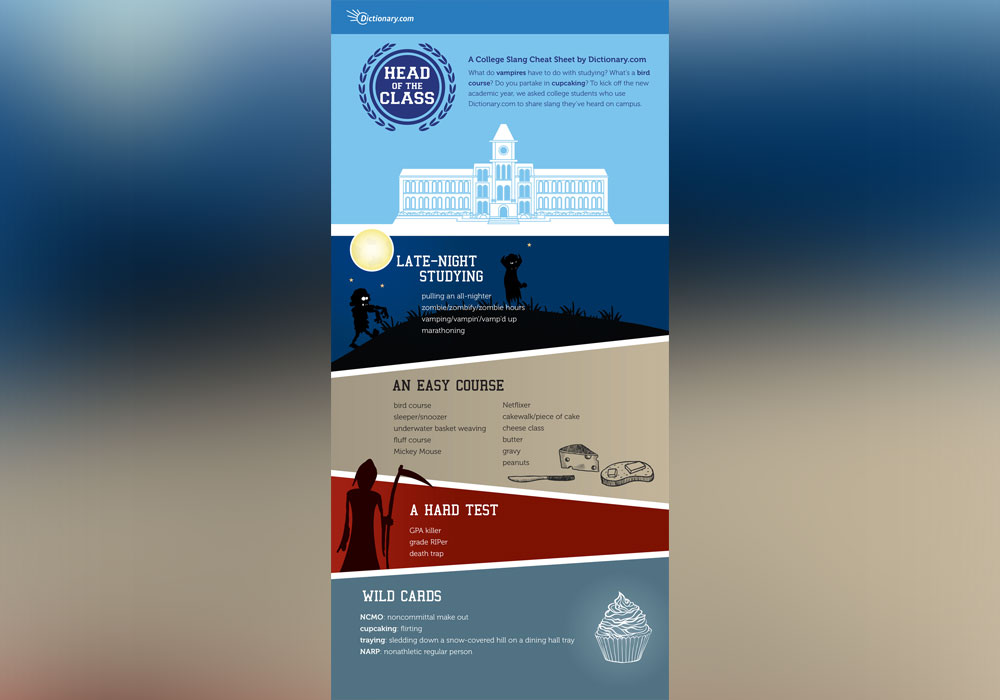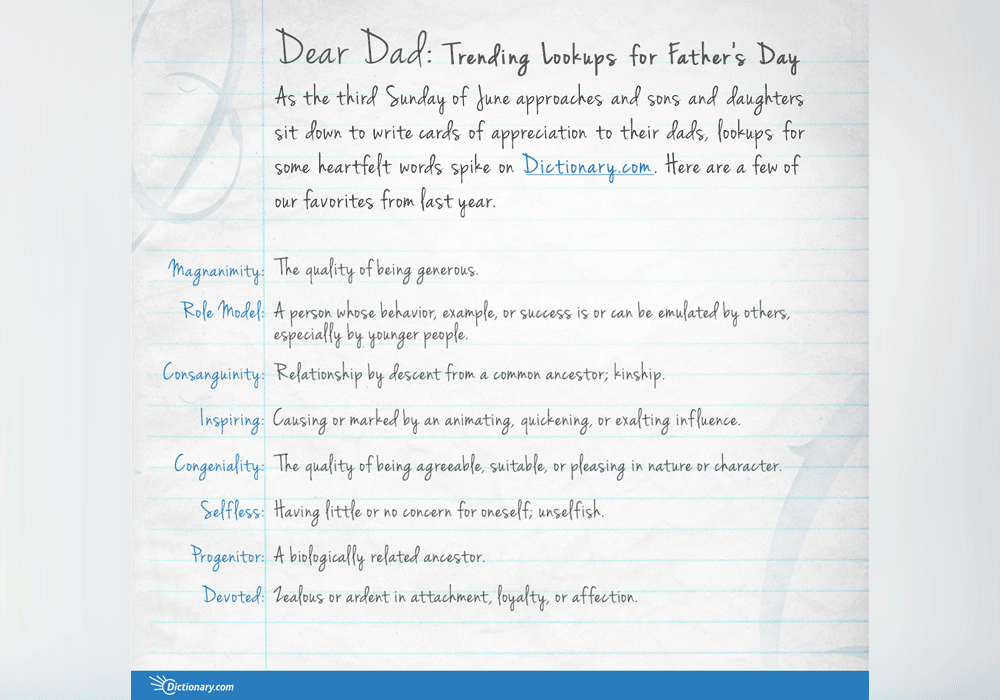What’s The Difference Between “Adverse” vs. “Averse”?
What do adverse and averse mean? The adjectives adverse and averse are related. Both come from the Latin root vert- meaning “to turn.” In Latin the word adversus meant “turned toward” and “hostile” and is a direct root of adverse. Averse, on the other hand, emerges from the Latin word aversus, which meant “turned away.” Today, adverse is rarely used to describe people but rather to describe effects …
